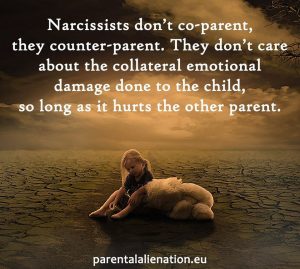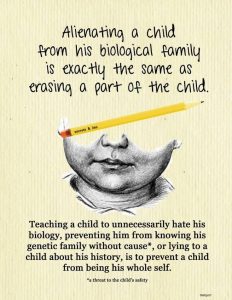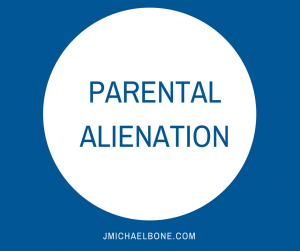For many years, and since the publishing of Bill Eddy’s landmark book Splitting, I have been writing on the subject of divorce and personality disorders. My law practice has a focus on helping people navigate divorce from a narcissist or someone with other traits of toxic personality disorders. Because divorcing someone with these traits creates a number of distinct and unusual issues for the healthy spouse, my practice focuses on managing strategically and aggressively these disordered behaviors, which can include “distortion campaigns” and false allegations.
In my law practice, there is a focus on High Conflict cases. As the article below points out, there is a distinction to be made with the term “high conflict.” In most all of my cases, the high conflict comes from a disordered person using chaos, harassment and false allegations against an otherwise healthy spouse and parent in order to manipulate the proceedings and attempt to distort the facts of the case. The “high conflict” is one sided. Contact my firm if you have questions about a divorce from someone with these abusive and difficult behavioral traits.
By Karyl McBride, Ph.D., L.M.F.T.: A common perception among divorce lawyers, therapists, custody evaluators, judges, and other professionals is that, whenever you have a “high-conflict” divorce, both parties are responsible for the conflict. Many professionals assume that difficult, drawn-out custody battles are caused by two parents who are stubborn, selfish, and perhaps a bit crazy. As Michael Friedman wrote in The American Journal of Family Therapy, “The concept has even entered into what might be called family court folk wisdom: We say that Mother Teresa does not marry Attila the Hun or that it takes two to tango.” What we see happen then is that both parties are painted with the same brush and the antics of the narcissist are not understood or seen. The reality is that a narcissist can unilaterally create a nightmare of a divorce.

 Illinois Divorce Lawyer Blog
Illinois Divorce Lawyer Blog



